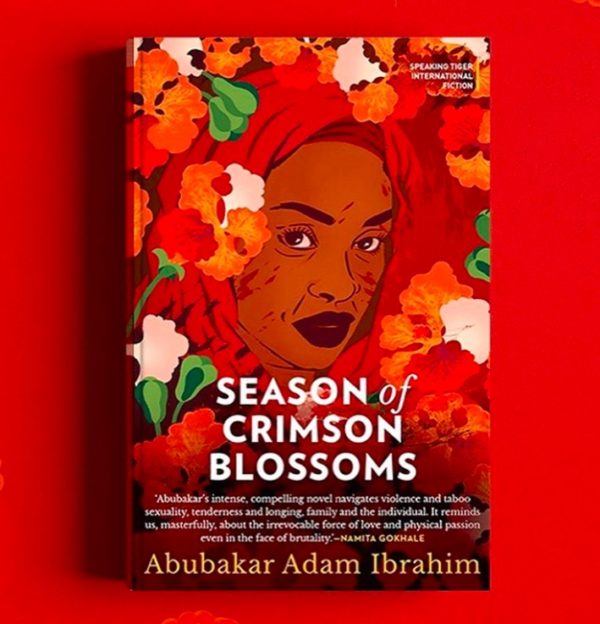Engaging Borders Africa, a project of STRADA Initiative with funding from the Open Society in West Africa (OSIWA), aims to gather a wide range of expertise cutting across African literature, security studies, academia, film, as well as the civic space, all with the shared aim of changing the ways young people understand radicalization, violent extremism, and disinformation, which are key feeders of conflict and terror in Africa.
Consequently, we created a set of pan-African partnerships cutting across the Sahel countries of Nigeria, Niger Republic, Mali, Burkina Faso, and Ivory Coast, as well as Kenya, to target writers and journalists in an effort to mainstream a “soft” approach to preventing and countering violent extremism (PCVE) in Africa. We held a two-day capacity building workshop from December 21 – 22, 2021, using the massive online open course (MOOC) format.
There were 60 attendees from these countries, with 45 submitting full count short stories of between 3,500 – 5,000 words.
We are delighted to announce the final list of successful stories:
- “A Kashe Su Arna” by Joy Okwori
- “Betrayed” by Ayub Mwangi
- “Butterfly Upon a Wheel” by Omojokun Michael Temitope
- “Dance to the Whirls of Maelstrom” by Daniel Jaja
- “Lest we Forget” by Susan Waruguru Chomba
- “Nipe Nafasi” by Isaac Ongere Anyolo
- “Sound of Silence” by Lucy Wangari
- “The 44th Question” by Haroun Risa
- “The Black Widow” by Clifford Oduor
- “Weaponized” by Daniel Adisi Muse
- “What Will Allah Say on the Last Day” by Adekeye Oluwasegun Lukman
- “Lost in the Camp” by Fedelis Kyalo
- “Banga” by Moses Adie Uyang
- “Une Rose en Plein Desert” by Some N. Véronique
- “Une Seconde Victime” by Hali Aboubacar Abdoulaye
- “Les Dieux Terroristes” by Achille ZIGANI
- “All Eyes on Us” by Abdullahi Ali
- “By the Whisker” by Janet Nnenna Anosike
- “Hate is Like Party Jollof” by Bọ́ládalẹ́ Tèmítọ́pẹ́ Maryam
- “Kisasi” by Sonnia Gitome
- “Modu’s Resolution” by Abba Adamu Musa
- “The Baobab of Waroba” by Alkasim Abdulkadir
- “The Coin” by Mercy Gladys Atieno Otieno
- “The Hijabi Wedding” by Dorcas Lungashi Kidaka
- “The Price of Patriotism” by Musa Hashim
- “The Unwary Almajiri” by Bashir Yahaya
- “All in a Week’s Coincidence” by Margaret Chimea
- “Vultures of Loumbila” by Fanidh Sanogo
- “Rahima’s Return” by Akumbu Uche
- “Four Shots” by Su’ur E. Su’eddie Vershima AGEMA
We laud the creators of these stories for their refreshing engagement with the defining issues of our times. These stories address hate in several forms and will help build communal peace in local and national communities in the Sahel.
These stories are now being edited and will be published at an event to be announced at the end of January 2022.
For more, contact Communications Officer Sada Malumfashi: sada@engagingborders.com.




